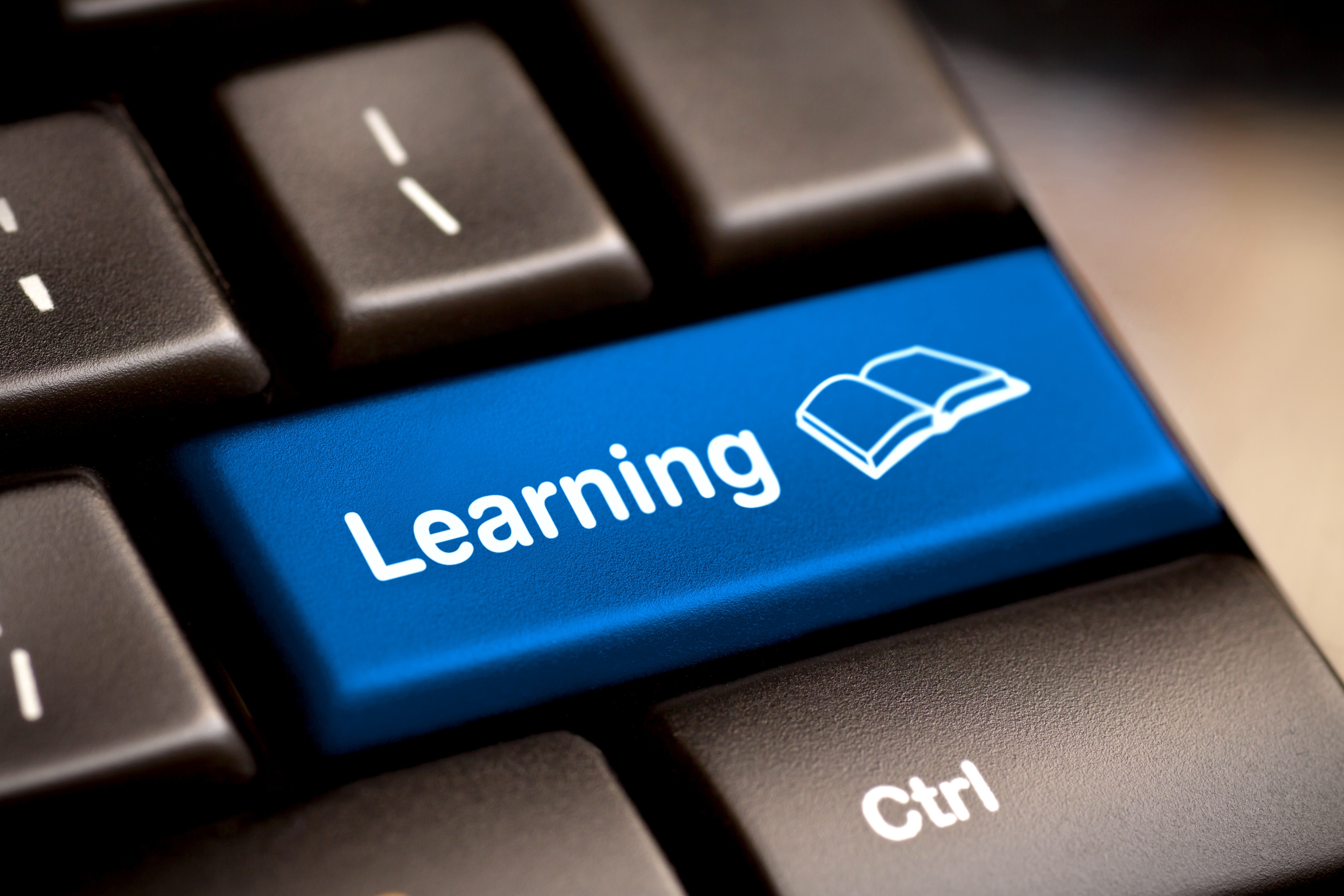“The illiterate of the 21st century will not be those who cannot read and write, but those who cannot learn, unlearn, and relearn.” – Alvin Toffler
We are all used to listening and reading about learning and its best techniques in addition to different learning and learners’ styles but it’s not popular to read or hear someone talking about unlearning and relearning.
Learning can’t be defined as just adding information and knowledge to boost our experience; it embodies unlearning and relearning as well. Moreover, learning, to some extent, is linked to change. If people understand the reason they are being asked to make a change, they will be more happy to drop (unlearn) old methods and adopt (Relearn) new ones.
Why should you learn? Simple answers to this question could be to improve yourself, enhance your knowledge, support your future career path or another other reason could be that it positively affects your life. Another question to ask here is “why do you want to learn?” again, simple answers could be learning gives you the knowledge and skills to perform a specific task or accomplish a personal goal or an objective in a better manner. There’s no doubt that learning is valued by everyone, however why and when should we unlearn and relearn? And how could this strategy be lucrative and advantageous?
In countless situations we need to unlearn the beliefs and habits that hold us back, and get them superseded by others that help us achieve the success we look for. The current climate of uncertainties and rapid change mean that acquisition and retention of knowledge is welcomed but only for a short period. Unlearning is not merely about giving away or expulsion, it’s about rejecting a previously held belief, or repudiating a long revered theory which must be cautiously handled as it can pose a threat to any learner.
Depressingly, most people stop their learning once they complete their academic studies and rarely take another session or read another book. What makes people struggle in this context is their perception about learning. For example, if students believe that learning is a matter of natural ability rather than effort, they will be unlikely to try very hard in the face of the slightest adversity.
The optimal and widely recommended process here is to unlearn one’s deeply-held assumptions about a subject then relearn new concepts keeping in mind that even extreme immersion experience in learning how to proceed with any task might not alter one’s entire approach. One must acknowledge that meshing the new ideas with own original concepts would make a remarkable difference. So, do you think unlearning is a good or a bad habit?
To answer that question, one needs to admit that knowledge is temporarily parenthesized and remains anyway part of individual and even organisational patrimony at the time of unlearning. Lao Tzu said, “To attain knowledge, add things every day. To attain wisdom, remove things every day.” Learning to let go of old and out of date beliefs and thoughts is one of the skills we all need to develop.
Another mode of actions that goes simultaneously with the proposed process is unfreezing followed by Cognitive Change then refreezing. This sequence allows prepararation for the suitable environment and to make the ground ready to receive new knowledge that radically modifies cognitive structures, while refreezing encompasses the new information in a new knowledge schema.
As a personal experience, when I moved to UAE and started my car driving lessons; the first statement I heard from my instructor was to forget everything about driving and start from scratch as a new learner to easily absorb and understand the new traffic and driving rules in UAE. Unintentionally, he guided me through the unlearning and relearning process to be able to cope with the new rules and experience. Paradoxically, unlearning allows new learning to take hold.
A very traditional example of this kind of creative destruction is the Towers of Hanoi puzzle that explicitly demonstrates the idea of unlearning and relearning. We need to constantly dismantle what we have built in order to successfully solve the puzzle. I advise you to try it if you haven’t already.
You may agree with me that we usually show the same reactions to different situations as we rely on our past experiences to react, especially if we don’t have the motive to change. Salesmen who achieve their assigned targets usually follow the same techniques until they fail and then they decide to adapt to the new situation and change their techniques accordingly. This is another example of unlearning the old techniques that didn’t work and relearning new ones that lead to better results. “It is not hard to learn more. What is hard is to unlearn when you discover yourself wrong.” Martin H. Fisher
Finally, we need to remember that learning is not just about acquiring knowledge; it is about learning when and how to unlearn and relearn.

